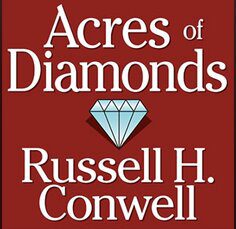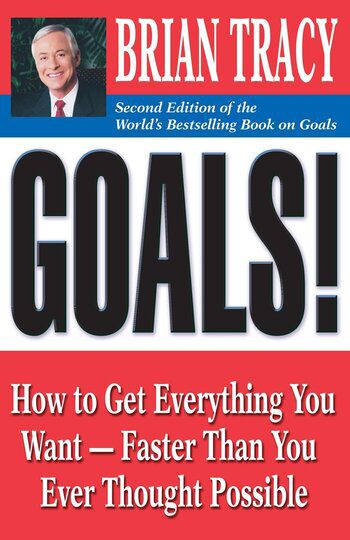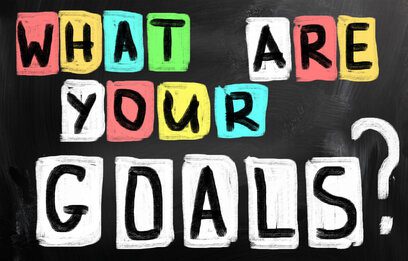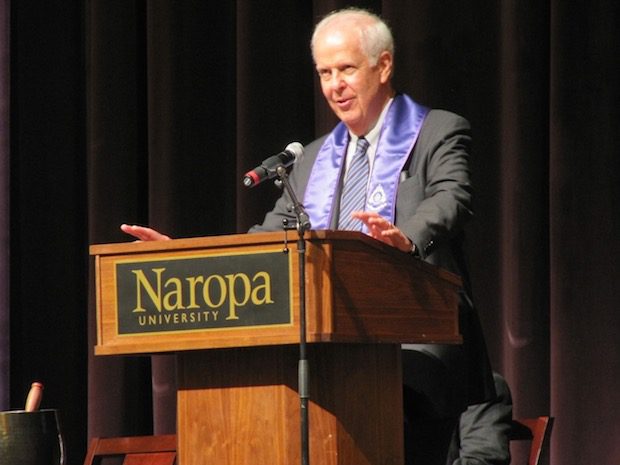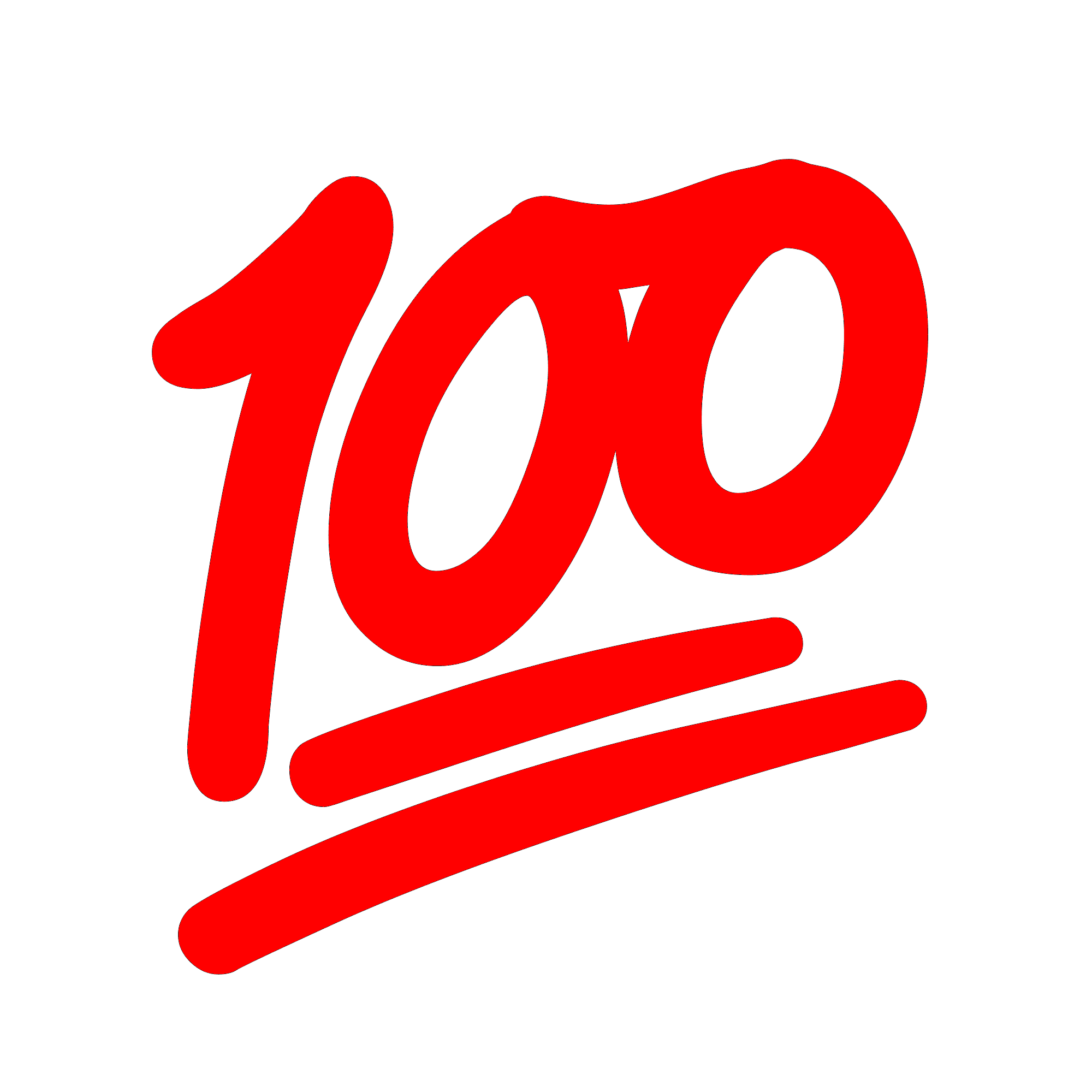In line with Microsoft’s effort to support their customer’s cloud journey, Microsoft has announced the launch of the Azure Enablement show. It is a series of technical conversations with a community of Microsoft experts, addressing common questions and challenges in your cloud adoption journey.
A collection of technical conversations addressing common cloud adoption challenges.
Cloud Adoption Framework Series
Well-Architected Series
Series 1: Cloud Adoption Framework for Azure
The Cloud Adoption Framework for Azure series has three modules right now: Introduction, Azure landing zones, and Governance.
Episode one: Overview of the Cloud Adoption Framework
Episode two: Assess your cloud readiness using Microsoft assessments
The second module in the series is focused on Azure landing zones, a set of architecture guidelines, reference implementations, and code samples based on proven practices to prepare cloud environments.
This module will help you prepare your cloud environment with the necessary governance, compliance, and operational requirements specific to your organization’s needs.
Episode one: Prepare your cloud environments using Azure landing zones
Episode two: Choosing the best Azure landing zone option
Episode three: ‘Start small and expand’ Azure landing zones approach
Episode four: Create an enterprise-scale architecture in Azure
Episode five: Dig into enterprise scale architecture methodology
Third Module: Governance Methodology
The third module in this debut version of the show focuses on the governance methodology of the Cloud Adoption Framework which guides you through the process of striking a balance between control and compliance on one side, and delivering speed and agility on the other, while you adopt the cloud.
Episode one: Establish cloud governance and compliance
Episode two: Implement cost control, budget, forecast, and allocation
Episode three: Identity baseline with authentication and access control
Episode four: Implement security baseline through corporate policy
Episode five: Cloud governance using IaC, Azure Policy, and Blueprints
Episode six: Govern and manage Azure resources at scale
Series 2: Azure Well-Architected
The Azure Well-Architected series is aimed at helping you build, design, and manage high quality workloads in Azure
Episode one: Architect successful workloads on Azure: Introduction module
Episode two: Ask the right questions about your Azure workloads
Episode three (Part 1): Essential advice for improving Azure workloads
Episode three (Part 2): Essential advice for improving your Azure workloads
The cost optimization pillar of the Well-Architected Framework
Episode one: Start optimizing your Azure costs
Episode two (Part 1): Diving deeper into Azure cost optimization
Episode two (Part 2): Diving deeper into Azure cost optimization
Reliability Module
Episode one: Start improving the reliability of your Azure workloads
Episode two (Part 1): Diving deeper into Azure workload reliability
Episode two (Part 2): Diving deeper into Azure workload reliability
Official Webpage of the Microsoft Azure Enablement Show


